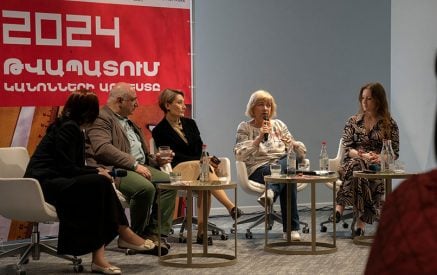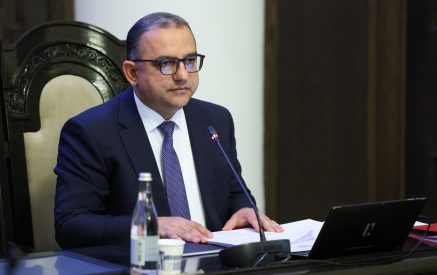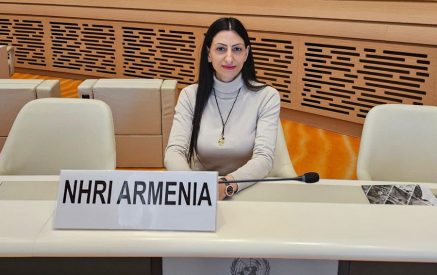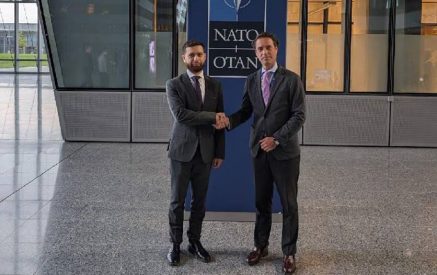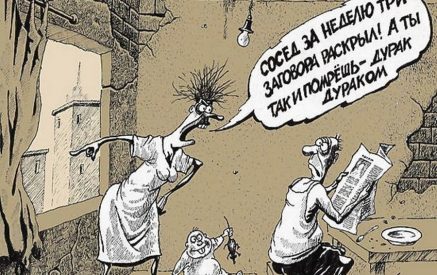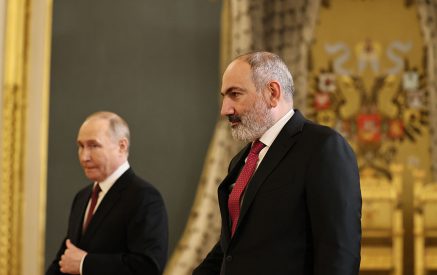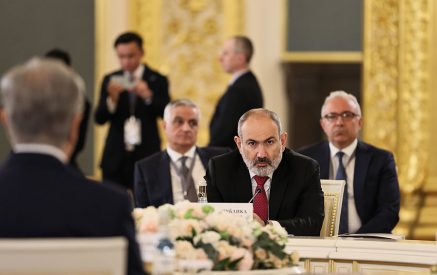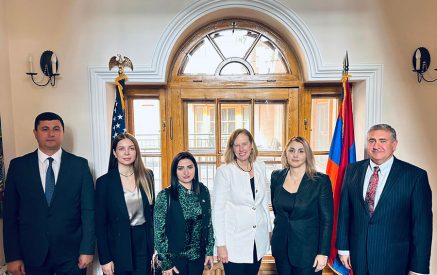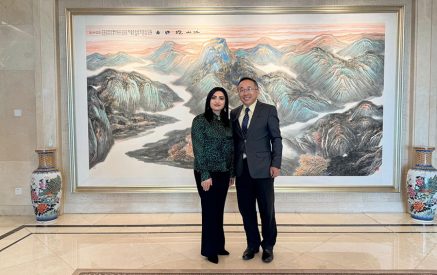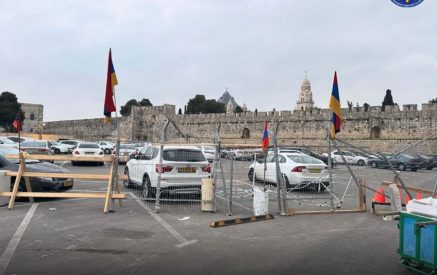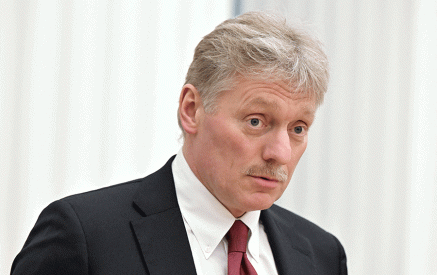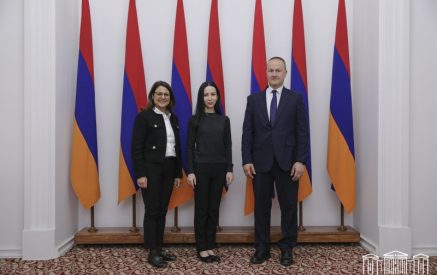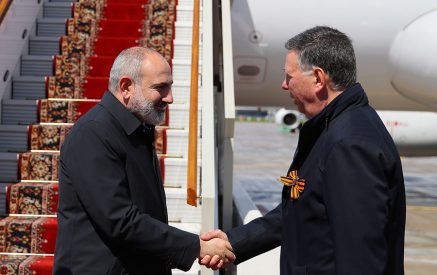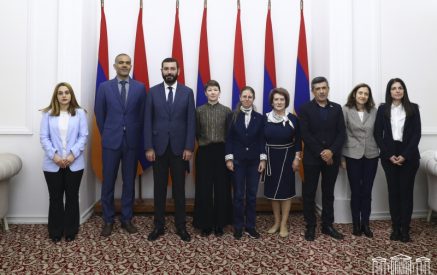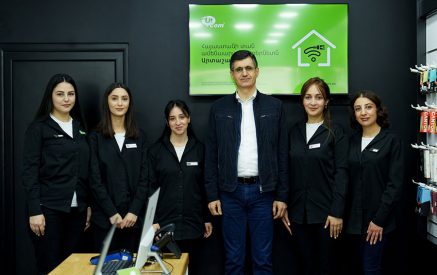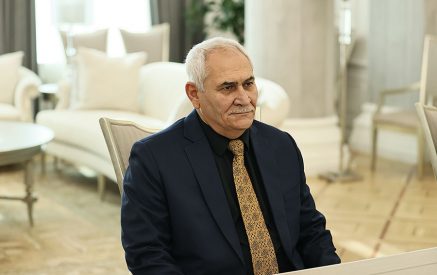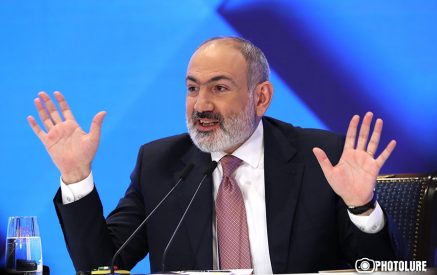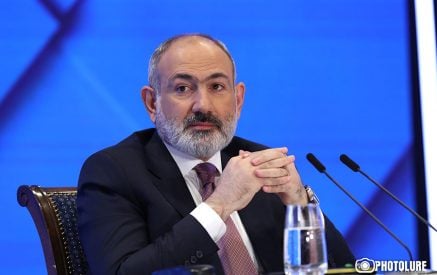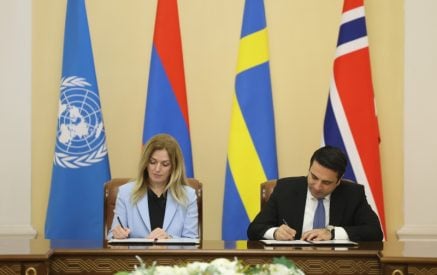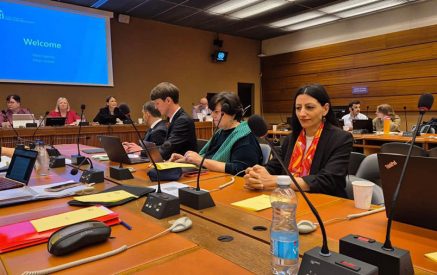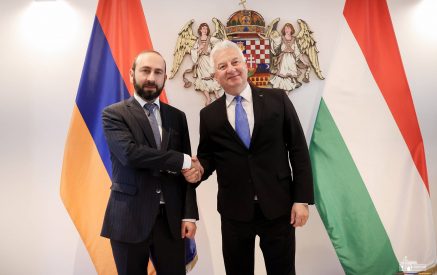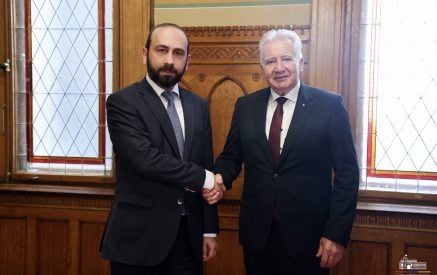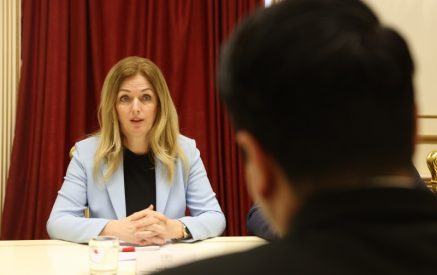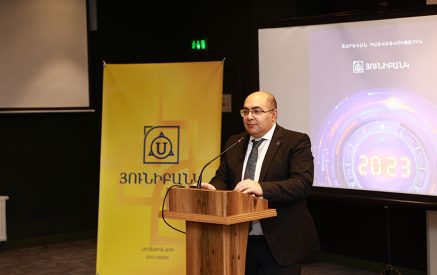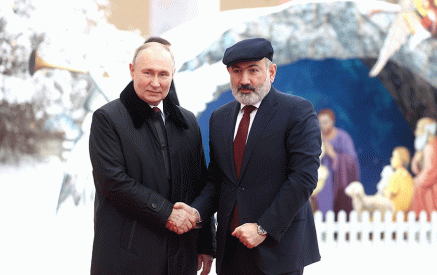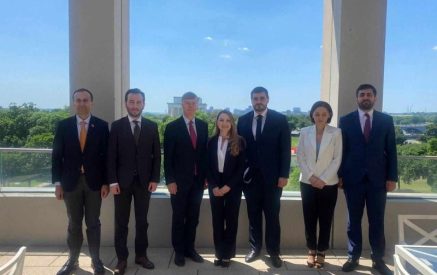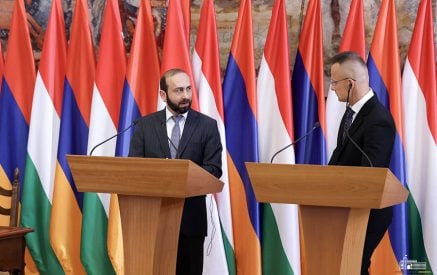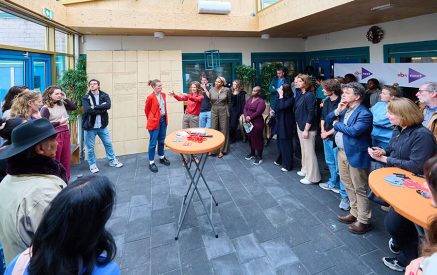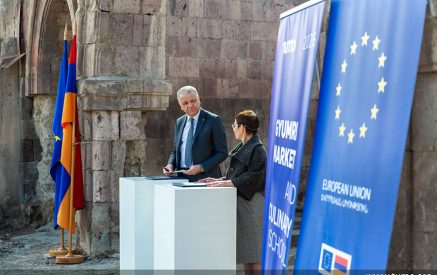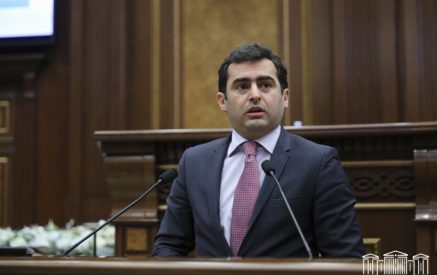- Armenia’s internet affordability ranks 2nd in the world. To afford mobile internet, Armenians have to work 107 times more (8 min 48 s/month) than Israeli citizens, for whom the most affordable 1GB package costs only 5 s of work monthly. Meanwhile, fixed broadband costs Armenian citizens around 18 minutes of their precious working time each month.
- Armenia’s internet quality, considering internet speed, stability, and growth, ranks 59th in the world and is 6% worse than the global average.
- Since last year, mobile internet speed in Armenia has improved by 18.3% (5.4 Mbps), and fixed broadband speed has grown by 36.6% (12.4 Mbps).
- Compared to Russia, Armenia’s mobile internet is 17% faster, while broadband is 2 times slower.
-
Out of all index pillars, Armenia’s weakest spot is e-government, which needs to improve by 60% to match the best-ranking country’s result (U.S.’s).
Global digital wellbeing study finds that Armenia has the most affordable fixed broadband internet in Asia
Armenia ranks 47th in the world by Digital Quality of Life
The fourth annual edition of the Digital Quality of Life Index (DQL) reports that Armenia ranks 47th in the world regarding digital wellbeing. That is out of 117 countries, or 92% of the global population. Out of the five fundamental digital life pillars, Armenia’s worst score is for e-government, ranking 71st globally. While the best is for internet affordability (2nd). Armenia’s internet quality comes 59th, while e-infrastructure, and e-security 68th. In the face of waging inflation, fixed broadband internet has become less affordable worldwide for the second year in a row, prying the global digital divide even further.
The DQL study is conducted by the cybersecurity company Surfshark. It evaluates countries based on five fundamental digital wellbeing pillars: internet quality, e-government, e-infrastructure, internet affordability, and e-security. This year, Armenia has made it into the top 50 globally, ranking 47th in the final index and 10th in Asia. The country has improved by 34 positions since last year’s edition, rising from 81st to 47th. Out of all index pillars, Armenia’s weakest spot is e-government, which needs to improve by 60% to match the best-ranking country’s result (U.S.’s).
Internet quality in Armenia is comparatively mediocre, and on a global scale mobile internet is better than fixed
Armenia’s internet quality, considering internet speed, stability, and growth, ranks 59th in the world and is 6% worse than the global average. Regarding internet speed alone, Armenia’s mobile internet ranks higher than fixed broadband in the global ranking, operating at 34.8 Mbps/s (65th globally). Meanwhile, the fixed broadband internet comes 75th (46.2 Mbps/s).
Compared to Russia, Armenia’s mobile internet is 17% faster, while broadband is 2 times slower. Since last year, mobile internet speed in Armenia has improved by 18.3% (5.4 Mbps), and fixed broadband speed has grown by 36.6% (12.4 Mbps). In comparison, Singapore’s residents enjoyed mobile speeds up to 104 Mbps/s and fixed to as much as 261 Mbps/s – the fastest internet in the world this year.
Internet in Armenia is very affordable compared to global standards, but there’s still room for improvement
Armenia’s internet affordability ranks 2nd in the world. Residents can buy 1GB of mobile internet in Armenia for as cheap as 8 minutes 48 seconds of work per month, 4 times more than in Russia. However, compared to Israel, which has the most affordable mobile internet on the planet (5s per 1GB), Armenians work 107 times more. Its affordability decreased since the previous year, making people work 2 minutes 3 seconds more to afford the same mobile internet service.
Fixed broadband costs Armenian citizens around 18 minutes of their working time each month. To afford it, Armenians have to work 8% less than Israeli citizens, for whom the most affordable package costs only 19 min of work monthly. Since last year, broadband internet has become more affordable in Armenia, making people work 3 hours 51 minutes less to afford fixed broadband internet service.
The global digital divide is now deeper than ever
Globally, broadband is getting less affordable each year. Looking at countries included in last year’s index, people have to work six minutes more to afford broadband internet in 2022. In some countries, such as Ivory Coast and Uganda, people work an average of 2 weeks to earn the cheapest fixed broadband internet package. The same trend was observed last year. With the current inflation, the pressure on low-income households that need the internet has become even heavier. Surfshark’s study also found that countries with the poorest internet connection have to work for it the longest.
“While countries with a strong digital quality of life tend to be those of advanced economies, our global study found that money doesn’t always buy digital happiness,” – explains Gabriele Racaityte-Krasauske, Head of PR at Surfshark. “That is why, for the fourth year in a row, we continue analyzing the Digital Quality of Life to see how different nations keep up with providing the basic digital necessities for their citizens. Most importantly, our research seeks to show the full picture of the global digital divide that millions of people are suffering from.”
The best and the worst countries to live in by the digital quality of life
Overall, 7 out of 10 highest-scoring countries are in Europe, which has been the case for the past three years. Israel ranks 1st in DQL 2022 pushing Denmark to the second place after its two-year lead. Germany ranks 3rd, and France and Sweden round up the top five of the 117 evaluated nations. Congo DR, Yemen, Ethiopia, Mozambique, Cameroon are the bottom five countries.
Regionally, the US stands out in the Americas as a country with the highest digital quality of life, while Israel takes the leading position in Asia. Among African countries, people in South Africa enjoy the highest digital life quality. In Oceania, New Zealand takes the lead outperforming Australia in various digital areas this year.
METHODOLOGY
The 2022 DQL research examined more than 7.2 billion people regarding five core pillars and 14 underpinning indicators that provide a comprehensive measure. The study is based on the United Nations open-source information, the World Bank, Freedom House, the International Communications Union, and other sources. This year’s study includes seven (6%) more countries than DQL 2021, most of which are African countries.
The final 2022 Digital Quality of Life report and an interactive country comparison tool can be found here: https://surfshark.com/dql2021
NOTES TO EDITORS
Surfshark is a privacy protection toolset developed to help its users control their online presence seamlessly. The Surfshark One suite includes one of the very few VPNs audited by independent security experts, an officially certified antivirus, a private search tool, and a data leak alert system. In 2021, Surfshark was recognized as the Most Innovative Security Service at the Cybersecurity Excellence Awards and a Must-have App in TechRadar’s WFH Awards. Visit our research hub at: surfshark.com/research





